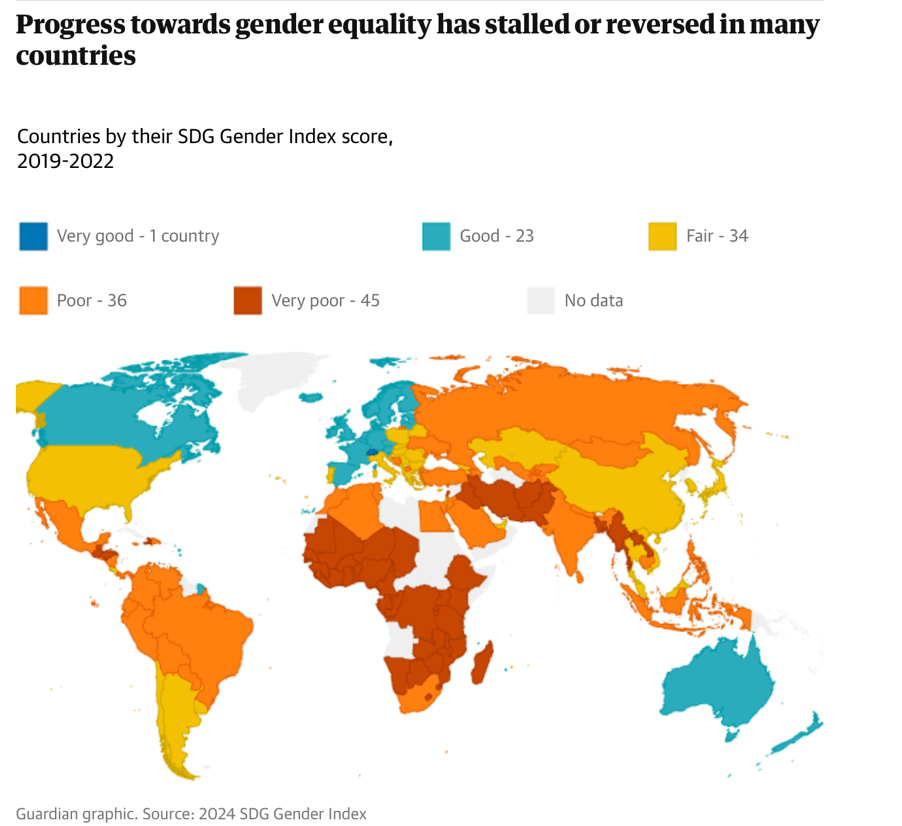The 3 Groups to Target to Strengthen Protection against Female Genital Mutilation (FGM) in Scotland
- Jurin Katayama Flores
- Jul 17, 2019
- 4 min read
On 29 May 2019, the Scottish Government introduced a new bill to increase protection against Female Genital Mutilation (FGM) in the country. This bill echoes the already present Prohibition of Female Genital Mutilation Act in 2005 but also adds the strong amendment of ensuring that it “applies to UK nationals and residents, not just UK nationals and permanent UK residents”.

Although deemed unlawful since 1985, there are still reports of young residents experiencing FGM across the country. The actual number of people affected is unknown; however, it is estimated that 700 children per year are born into communities in Scotland potentially affected by FGM with 2750 girls born between 2001-2012 to mothers from an FGM-practicing country (although it is important to highlight that not all women with this background are victims). Furthermore, it is estimated that 137,000 women are affected in England and Wales. Considering the increase in migration and diversity over the years and that the victims are generally from Nigeria, Somalia, Egypt, Kenya, Sudan and Eritrea (these countries being identified as ‘FGM-practicing country by UNICEF 2013), it is highlighted by the Scottish Government that there are “potentially affected communities living in every local authority in Scotland, with the largest in Glasgow, Aberdeen, Edinburgh and Dundee respectively”.
The gap in reporting of FGM victims furthers the issue. In February 2019, it was reported that Scotland’s biggest cities have treated more than 230 FGM victims over the past 2 years, though the estimated actual number of victims is much more. Being a sensitive issue, victims are less likely come forward out of embarrassment and/or the lack of knowledge of their legal rights and potential solutions. Their tradition and culture dictates FGM as a rite of passage to adulthood, marriage, and economic security, making it understandable for victims and their families to believe that the practice is not against female violence.
However, the fact that the procedure provides no health benefits but instead causes physical and psychological damage (such as difficulty urinating, severe bleeding, infections, painful sex, infertility, and childbirth complications) makes it necessary for the Scottish Government to push against FGM. FGM survivors like Neneh Bojang, from Edinburgh, therefore, welcomes the new bill as it provides a better structure and guidance for professionals and agencies (including medical practitioners, school teachers, and social workers) regarding this issue. “I was just nine years old when I was subjected to FGM. It was excruciating and has caused me pain throughout my life,” Ms Bojang shares, “if this bill prevents even just one woman from going through the same, then in my eyes, it will be a success.”
The new legislation may be a better way to tackle this practice; nonetheless, this issue will not be completely eradicated without the support of community development. The behaviour change must come from within the community, especially from the women themselves. Nevertheless, in order for a faster and effective change throughout the entire community, the government must also focus on following groups to act as supporting characters to the women.
Locals and Religious Leaders: Considering that the practice originally comes from outside of Scotland, a woman who believes in the practice may feel skeptical and believe that it is Western propaganda if the messenger was from a different background than hers. In order to build trust and reliability, it is important to not only have speakers from the same background, but also bring FGM studies from the victims’ cultural origin to assure that the practice is also deemed horrendous outside Scotland.
Young People: The youths have proved to be excellent advocates against FGM, providing increased communication within families and communities. Examples of their work in UK include Daughters of Eve, Integrate Bristol, and FORWARD’s youth work project.
Men: Men traditionally used to not be included in the conversation due to the sensitivity of the topic. However, a police-led conference provided a plat
form for a number of men who attended in support of their wives as they shared the impact FGM had on their relationships. Older men tend to still believe the cultural symbolisms of FGM even though there FGM has resulted in cases of negatively affecting marriages due to displeasure during sex as well as fertility and childbirth problems. Therefore, including men in the conversation will not only change the traditional attitude towards FGM, but also provide mental and physical support for the relationships.
An efficient support system for victims alongside behavior change by the above-mentioned groups are the fundamental pillars in moving the country towards FGM eradication. For Equalities Minister Christina McKelvie, the new bill “will provide for increased protection with the introduction of protection orders and putting guidance on a statutory footing to improve the response of services”. It is important to note, however, that the Scottish Government has chosen not to introduce “provisions on anonymity of victims, offence of failing to protect from risk of FGM, and the duty to notify the police of FGM”.
Views on this issue may be submitted to the Scottish Parliament by August 30th, 2019 here.
Moreover, other information and videos on FGM may be found at the following links:










Comments